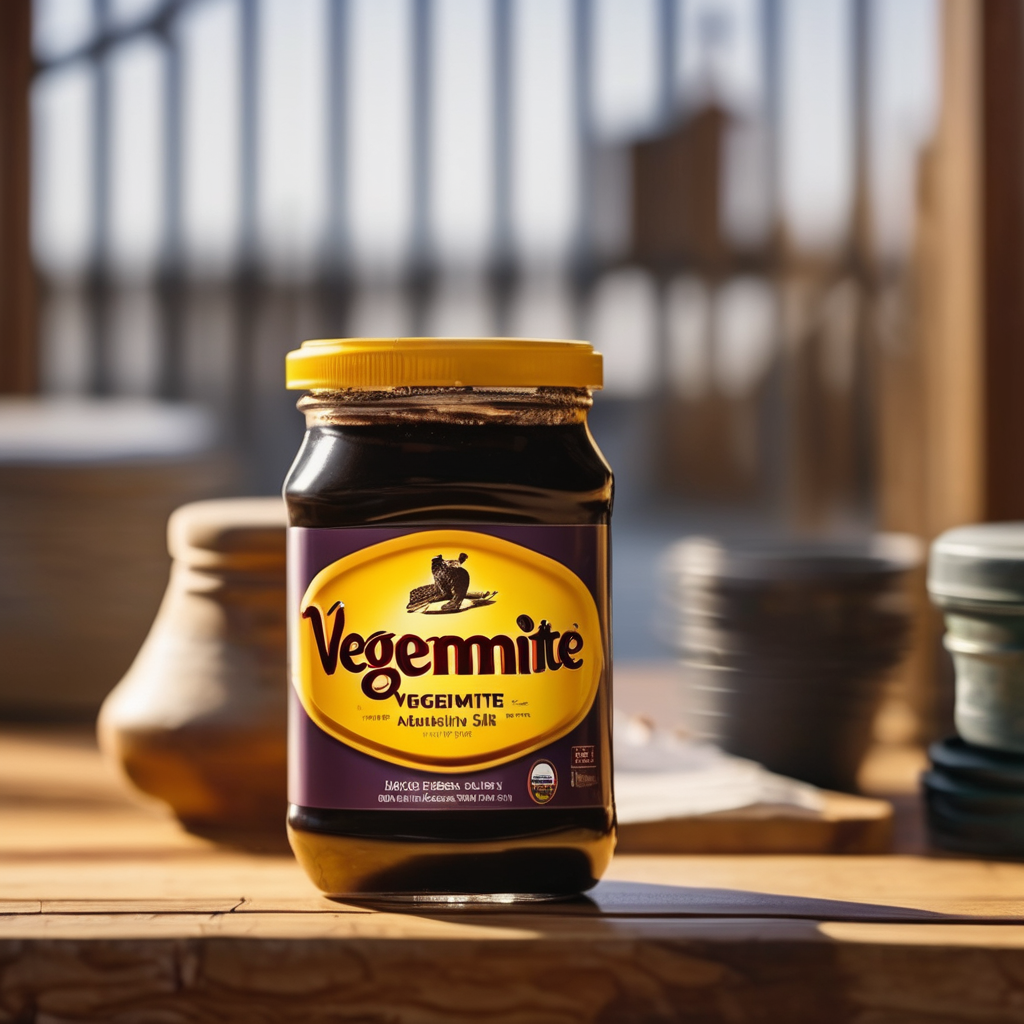A prisoner in Victoria, Australia, has stirred debate by claiming that the right to enjoy Vegemite, a popular yeast spread, constitutes a basic human right. Andre McKechnie, who is serving time for murder, has filed a lawsuit against the prisons commissioner, contending that being denied access to Vegemite violates his cultural rights as an Australian.
Since 2006, the spread has been prohibited within Victoria’s correctional facilities due to concerns that inmates might use it to create homemade alcohol, often referred to as “pruno” or “hooch.” Additionally, the spread can be employed to mask the scent of contraband from sniffer dogs, further enforcing the ban.
In his court filings, McKechnie cited Victoria’s human rights charter, emphasizing that individuals should not be deprived of the opportunity to engage with their cultural practices. While his request raises questions about the balance between security concerns and cultural rights, it also shines a light on the broader issues of inmates’ rights and rehabilitation.
This case underscores the ongoing dialogue about how correctional systems can respect cultural identities while ensuring safety within facilities. Whether McKechnie’s argument will lead to a policy change remains to be seen, but it highlights the importance of cultural rights in discussions surrounding prison reform.
